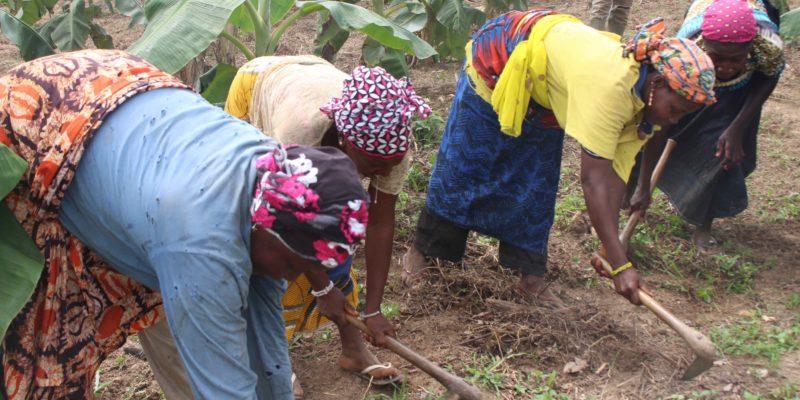General Mills Works to Make the Cocoa Sector More Sustainable
by Gina-Marie Cheeseman

Originally published on JustMeans
The cocoa industry has a dirty secret. Child labor is way too common in West Africa. Over 70 percent of the global cocoa supply comes from two West African countries: the Ivory Coast and Ghana. Farmers supplying companies with the chocolate they use in their products receive little for the cocoa. That means they are unable to hire laborers to harvest the crop, and child labor is widely used as a result. A Tulane University report found that in 2013 and 2014, 2.26 million children in Ghana and the Ivory Coast worked in cocoa production.
General Mills is working to make the cocoa sector more sustainable and to reduce child labor. In 2013, the company made a commitment to sustainably source its ingredients, with the goal to sustainably source 100 percent of its top 10 ingredients by 2020. Those top 10 ingredients include cocoa, oats, wheat, corn, dairy, fiber packaging, vanilla, palm oil, sugar cane and sugar beets, which represent over 50 percent of its annual raw material purchases.
General Mills sustainably sources 46 percent of the cocoa it buys. As of January 2017, all of its powdered cocoa is sustainably sourced, The company plans to transition another 25 percent of the chocolate it buys into sustainable sourcing programs by the end of 2017.The company also plans to meet its 2020 goal for cocoa through programs that improve the livelihoods of smallholder farmers and the quality of the ingredients. In 2016, the company expanded its work with key suppliers to provide direct support to West African cocoa-growing communities.
General Mills supports CARE, a non-profit that promotes food crop farming and nutrition in 30 cocoa-growing communities in Ghana and the Ivory Coast. CARE’s work in the West African countries is part of a multi-year program that helps smallholder cocoa farmers increase their livelihoods and improve the lives of their families and those in their communities. About four million people in both countries face food emergencies every year. The situation is worsened by poverty, climate change, and the lack of modern agricultural techniques. Families in cocoa-growing communities are hit the hardest because they only cultivate cocoa, the biggest cash crop in West Africa. After selling harvested cocoa beans, families may become food insecure. By not giving attention to food crop cultivation, it is harder for cocoa farmers to feed their families. CARE uses 30 locally-trained food crop promoters to teach farmers how to use modern techniques to cultivate food crops.
By participating in CARE programs funded by General Mills, the living conditions of over 4,300 cocoa farmers are improved. One of those programs is called Village Savings and Loans (VSLAs). Members of a village who has established a VSLA, deposit their savings in a group lockbox at weekly meetings. Through loans made to members who want to start or expand businesses, the group earns interest.
As more companies join General Mills in sourcing sustainable cocoa, child labor in the West African cocoa sector can be reduced.
Sources
http://3blmedia.com/News/CSR/General-Mills-Commits-Sustainably-Source-10-Priority-Ingredients-2020
http://3blmedia.com/News/Track-Sustainably-Source-Oats
https://globalresponsibility.generalmills.com/images/General_Mills-Global_Responsibility_2017.pdf
https://www.laborrights.org/industries/cocoa
https://blog.generalmills.com/2017/08/cultivating-a-future-in-cocoa-communities/
https://blog.generalmills.com/2016/10/why-sustainably-sourcing-cocoa-improves-lives/

